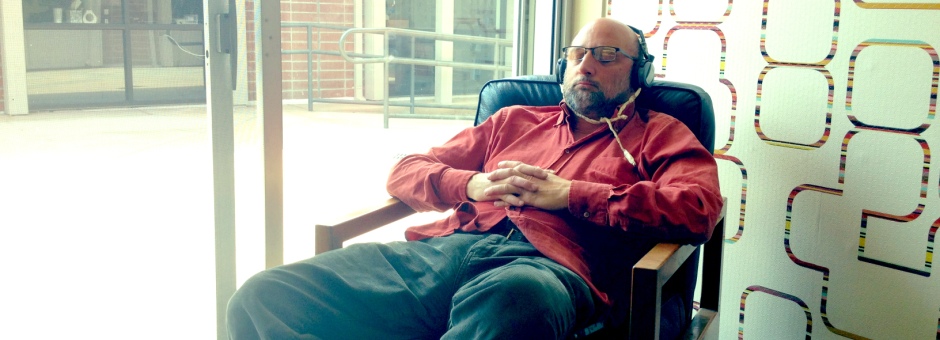How much do you work? Is it enough? Is it efficient? Is it sustainable? In an age of “efficiency experts” and “total quality management,” we have to wonder about the efficacy of all these trends.
Jeffrey likes to nap. While others might opt to go out for coffee or peruse Facebook during the afternoon lull, he finds that bridge between the wakeful beta and restful alpha brainwave states to be some of his most inspired time, solving problems and writing code with the clarity that comes from having your eyes closed and your thoughts slowed. Apparently, bosses aren’t so enthusiastic. And so he now works for himself.
In 1914 the Ford Motor Company reduced the work day from 9 hours to 8 hours and increased the pay. In 1926, they took it a step further, opting for a five-day work week instead of six. “Every man needs more than one day a week for rest and recreation….The Ford Company always has sought to promote [an] ideal home life for its employees. We believe that in order to live properly every man should have more time to spend with his family.” Of course, this sounds very noble but the real motivation behind this switch to the 40-hour workweek was productivity. After a bit of experimentation, Henry Ford had found that “sweet spot,” increasing production by decreasing work time.
I just read Rework by Jason Fried and David Heinemeier Hansson of 37 Signals. This is my kind of business book, falling somewhere between The 4-Hour Workweek and The Toilet Paper Entrepreneur. Big proponents of going home at 5 p.m., Rework argues that, “You don’t need more hours; you need better hours. When people have something to do at home, they get down to business…They find ways to be more efficient because they have to…Workaholics aren’t heroes. They don’t save the day, they just use it up. The real hero is already home because she figured out a faster way to get things done.”
Silicon Valley is notorious for celebrating workaholism and the tech industry in general has a culture of push-till-you-drop. But up here in the friendly town of Petaluma, people are embracing a new (old) way of getting things done — touting the benefits of a productive and sustainable work life. This way we can get our work done and be home in time for dinner. To me, that’s a life worth living.
Written and photographed by Natasha Juliana. Edited by Linda Jay.
Curious about Coffee Social? Join us Tuesdays at 10 AM.


